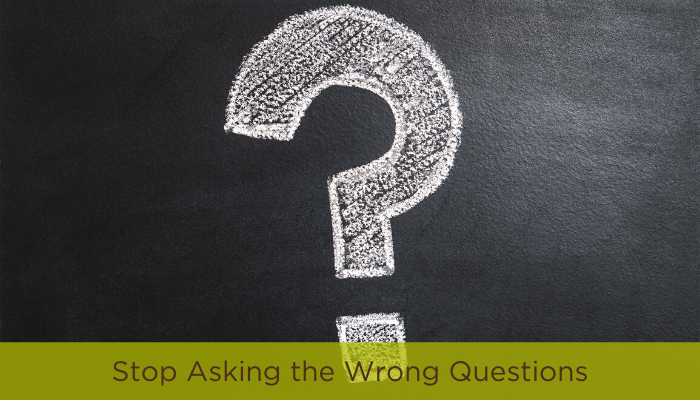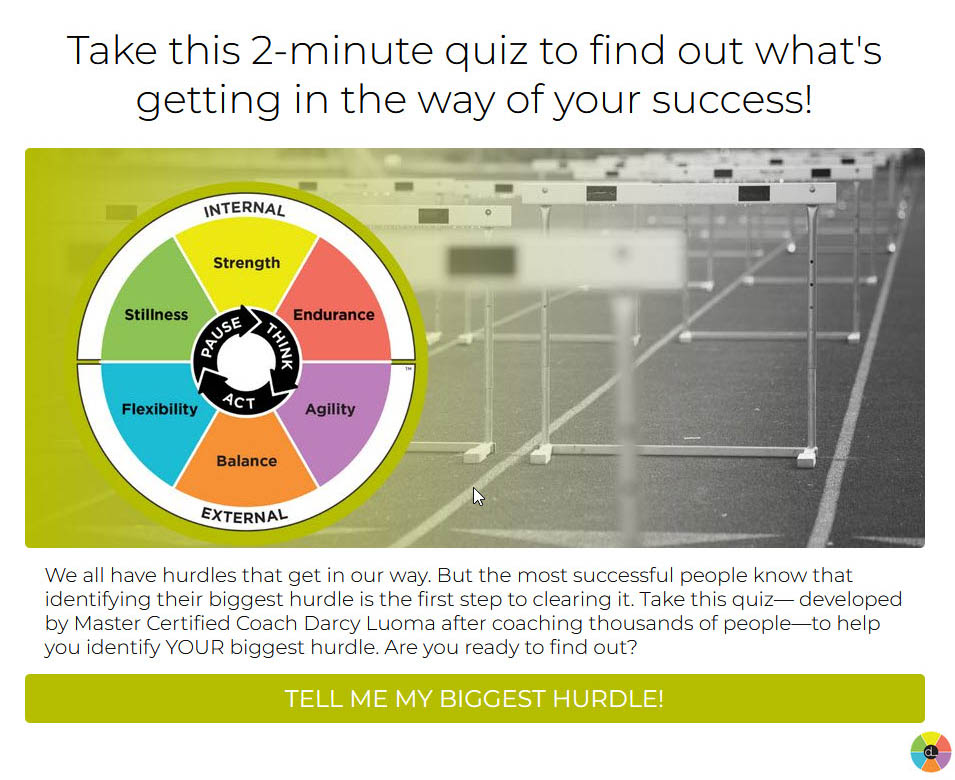We have encouraged you to bring your inner coach to work. Wondering what that means? Worried that you need to be ready to teach everybody how to do their jobs and call all the plays? Not sure how to do that given all the additional challenges in the world right now?
Good news, coaching is all about getting other people to help you do the work. With my clients, I don’t need to figure out exactly what they need to do. My job is to help them figure out what they want or need to do next.
And if you are coaching at work, you get everyone else to problem-solve and innovate.
How does this happen? By getting curious and asking lots of questions.
Types of Questions We Love to Ask
I know, you may think you ask questions all the time, but the key is to ask the right kind of questions. Here are some types of questions we usually ask:
- Detective questions are focused on the details, and collecting information. Who was supposed to follow up? What time did he send the email?
- Gossip questions (who doesn’t love these!) are focused on the people involved and trying to get all the juicy details. What did Joann say at the meeting? Why hasn’t Bob been joining our calls?
- Fixer questions are focused on the solution, and trying to get things resolved. Have you tried doing this? Did you turn it off and turn it back on?
- Judge questions are focused on finding blame, and trying to figure out why something happened. Why did you do that? Why didn’t you ask me first?
Coaching Questions are Different
Coaching requires you to ask open-ended questions. It’s not about getting the details or catching someone in the act.
Coaching questions focus on the person you are talking to. Get their opinion, talk about their experience, and explore their perspective. Don’t try to get information about others, or assign blame.
Use coaching questions to build awareness. To do this, you will need to ask questions that focus on what and how (rather than who or why). Here are a few good ones to get you started:
- What would you like to see happen?
- What is getting in the way?
- How can you overcome those obstacles
- What do you need to accomplish this?
- What are your next steps?
In addition to building awareness and giving you a better idea of how to move forward, asking these questions and listening to the answers will help others feel empowered, think creatively, and commit to being part of the solution.
Any questions?
P.S. Want to learn more about how to ask powerful questions? Join me at the International Coaching Federation’s Midwest Region Coaches Conference in Milwaukee. I’m thrilled to be giving the closing keynote on October 2, 2020!


